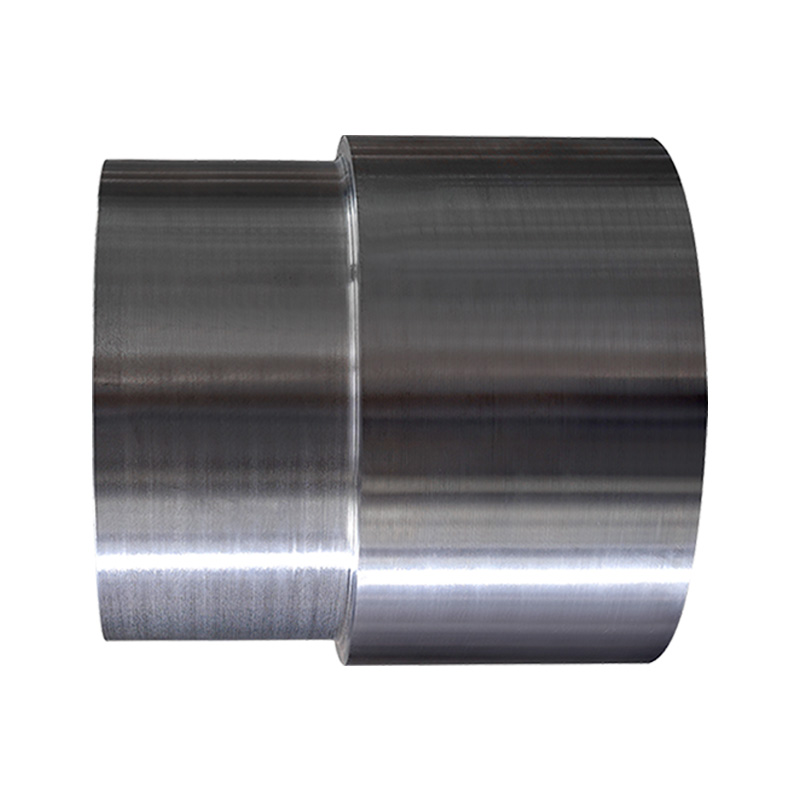Valve parts forgings usually require heat treatment to improve their mechanical properties and durability. Heat treatment is a process of changing the internal structure of metals by controlling the heating and cooling processes, which can significantly improve the hardness, strength, toughness, and wear resistance of materials. Valve components, especially forgings used in high temperature, high pressure, or corrosive environments, can better meet harsh working conditions after heat treatment.
Heat treatment is important for forgings because it can eliminate internal stresses that may occur during the forging process and optimize the grain structure of the metal. By appropriate heat treatment processes such as annealing, normalizing, quenching, and tempering, the comprehensive mechanical properties of forgings can be improved, enhancing their ability to withstand pressure, impact, and fatigue. This is crucial for the use of valve components, especially under high pressure, high temperature, and fluid dynamics, where valve components need to withstand large loads and frequent opening and closing operations. Heat treatment ensures that these parts maintain sufficient strength and stability under extreme working conditions, reducing failures and extending their service life.
Heat treatment can also improve the corrosion resistance of valve components. By appropriate heat treatment methods, a stronger protective layer can be formed on the surface of forgings to resist external environmental erosion, especially in situations where chemical media are strong. For example, for forgings made of stainless steel or alloy steel, after heat treatment, some chemical components on the surface may change, further improving their corrosion resistance.

 英语
英语 德语
德语 阿拉伯语
阿拉伯语












